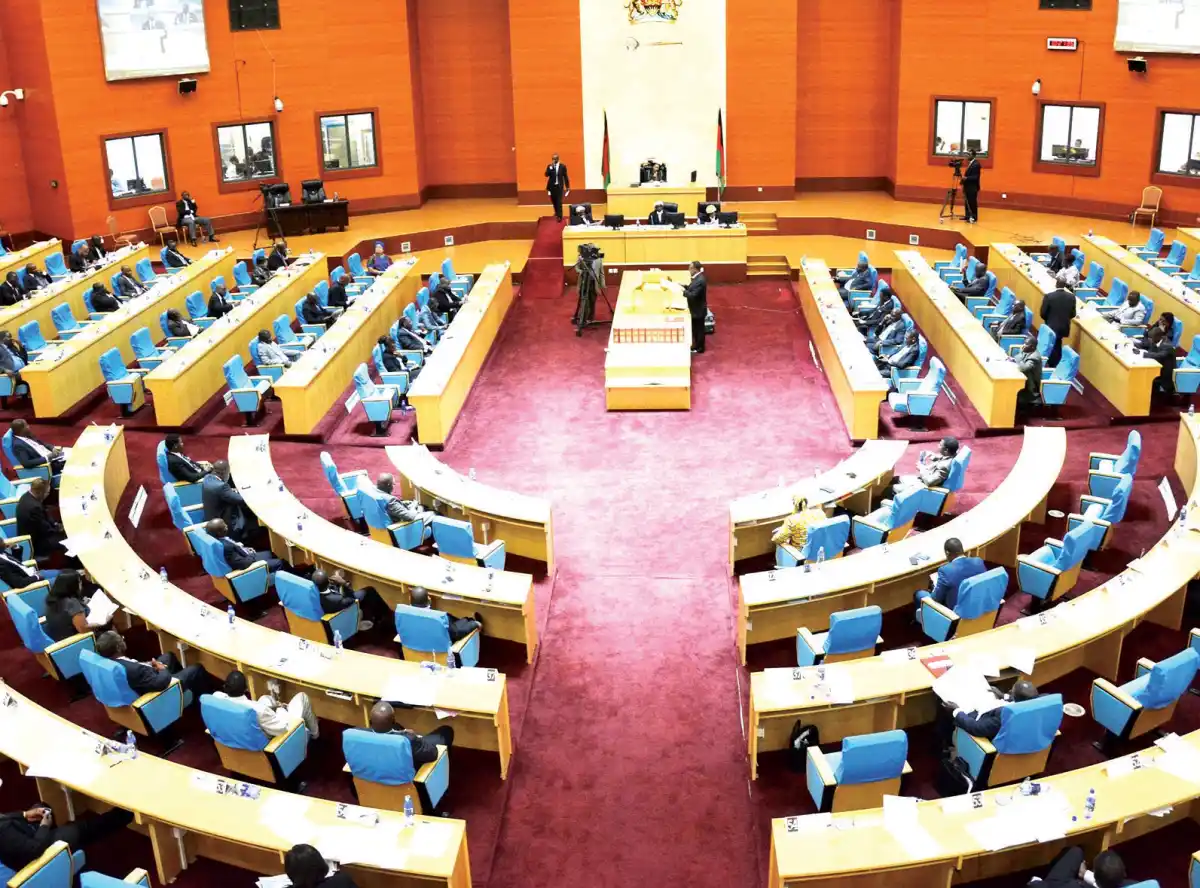
The Anti-Corruption Bureau (ACB) has announced that it is drafting proposals for a comprehensive amendment to the Corrupt Practices Act (CPA), which means the lifestyle audit manual has been temporarily withdrawn.
In February 2024, ACB indicated that it had finalised the manual and submitted it to the Office of the President and Cabinet for approval.
However, the implementation was delayed after Cabinet referred the draft back to the Ministry of Justice, suggesting that substantive amendments to the law were necessary to incorporate the manual’s provisions.
This call for a comprehensive amendment arose from Cabinet’s recommendation to review Section 32 of the CPA, which concerns offence of possession of unexplained property by a public officer.
The proposed amendment seeks to extend the section’s scope to include those in the private sector.

According to ACB, amending this section would also make the manual legally binding.
However, several other sections of the Act reportedly require review, which is why the amendment process has been expanded.
In an interview, ACB spokesperson Egritta Ndala said the lifestyle audit manual is an essential tool in the fight against corruption, developed in alignment with anti-corruption strategies.
“When we developed the tool, we were advised to align it with Section 32 of the CPA. Therefore, we cannot discuss the manual while the Act has not been reviewed, because the manual must be incorporated into the Act. Implementation and enforcement must be in line with the Act,” Ndala said.
Among other proposals, ACB seeks the power to arrest without a warrant and to change the title of the bureau’s head from ‘director’ to ‘director-general’, as currently required by law.
“The law currently states that we should arrest with a warrant. However, in certain circumstances, such as during [Affordable Inputs Programme] inspections, a person might be caught bribing another.
“You cannot arrest them immediately; you need a warrant, which takes time. Therefore, we propose certain exemptions,” Ndala said.
Transparency and accountability advocate Willy Kambwandira has since expressed disappointment at the potential abrupt withdrawal of the manual, “despite the significant efforts and investments made in its development”.
“We are not surprised that Cabinet is displaying discomfort with the lifestyle audit and using tactics to delay its approval and implementation.
“This is where the real fight against corruption begins. Many public officers, including Cabinet ministers and senior government officials, have resisted declaring their assets,” Kambwandira said.
He also expressed scepticism about the amendment of the CPA and insisted that until, ACB’s operations are independent of the appointing authority, the amendment will have little impact.

“Lifestyle audit is vital in the fight against corruption, as we have witnessed some public officials amassing unexplained wealth in a very short period,” Kambwandira said.
In a similar vein, Youth and Society Executive Director Charles Kajoloweka described the delay as yet another tactic by the State to avoid accountability.
Kajoloweka said there are “numerous commitments” that have yet to be fulfilled, such as the appointment of the ACB director and the issue of presidential immunity.
“If there was genuine commitment to a comprehensive review of the laws, it would have been done by now.
“For example, when the amendment regarding the powers of the Director of Public Prosecutions (DPP) in relation to ACB was made, that was an opportunity to carry out a comprehensive review,” he said.
The CPA has undergone some amendments, including the removal of a provision under Section 42, which previously required bureau to seek consent from the DPP before taking action.






0 Comments